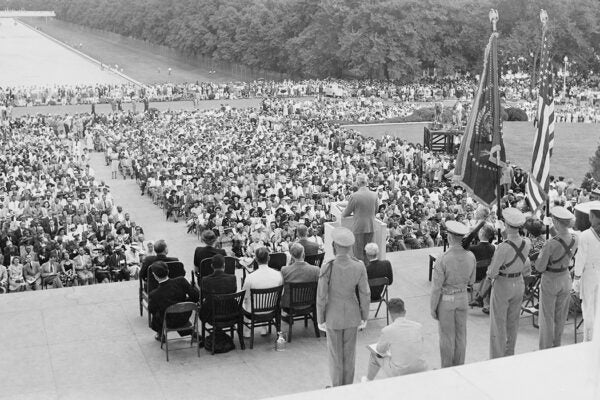Whether you consider it an asset or a problem, most people agree that Americans are exceptionally individualistic. But why? Sociologist Stephen Mennell suggests that the contours of national character are easiest to see from the outside. From his position at University College Dublin, and writing during the first Trump administration, he offered some ideas.
Back in 1835, another outsider, Alexis de Tocqueville, famously described Americans as uniquely unbound by tradition or group norms. Many writers associate this with the “frontier” and images of self-reliant cowboys. However, Mennell argues, another experience of the frontier was being on the winning side of a violent power struggle with Indigenous people. He suggests that, in the country’s early history, the American habitus—the traits people acquire through contact with people around them, starting in early childhood—was forged partly by the conquest of Native land and partly by the experiences of superiority and entitlement among white enslavers.
Mennell makes a similar argument regarding the nation’s place in the world since World War II. Not only did the US develop globally commanding military power, but it also prints the world’s major currency. This gives the American government enormous power over other countries while freeing it from the need to abide by international laws that most other countries follow.
In general, Mennell suggests, as any nation’s place in the world rises, its citizens tend to associate this power with “a special virtue.” For example, the British Empire’s status in the nineteenth century helped convince its people that they were taking up “the white man’s burden” to civilize the world.
More to Explore
History’s Footnotes
Many sociological studies have shown that, in any situation with a power dynamic, weaker parties know more about powerful ones than vice versa. This helps explain why Americans are generally not very knowledgeable about other countries. And Mennell suggests that it also influences a habitus with “a curious blindness to power relationships.” For example, Americans are unusually likely to view “free markets” as inherently fair rather than looking at the relative power positions of buyers and sellers.
Weekly Newsletter
Today, however, other countries, particularly China, are challenging American economic dominance. Even if it remains among the most powerful nations for the foreseeable future, Mennell argues, this relative decline in position “may be experienced as humiliating by individual Americans.” And that, in turn, could make the US “an even more dangerous force in world affairs than it has been in the first decades of the 21st century.”
Support JSTOR Daily! Join our membership program on Patreon today.








